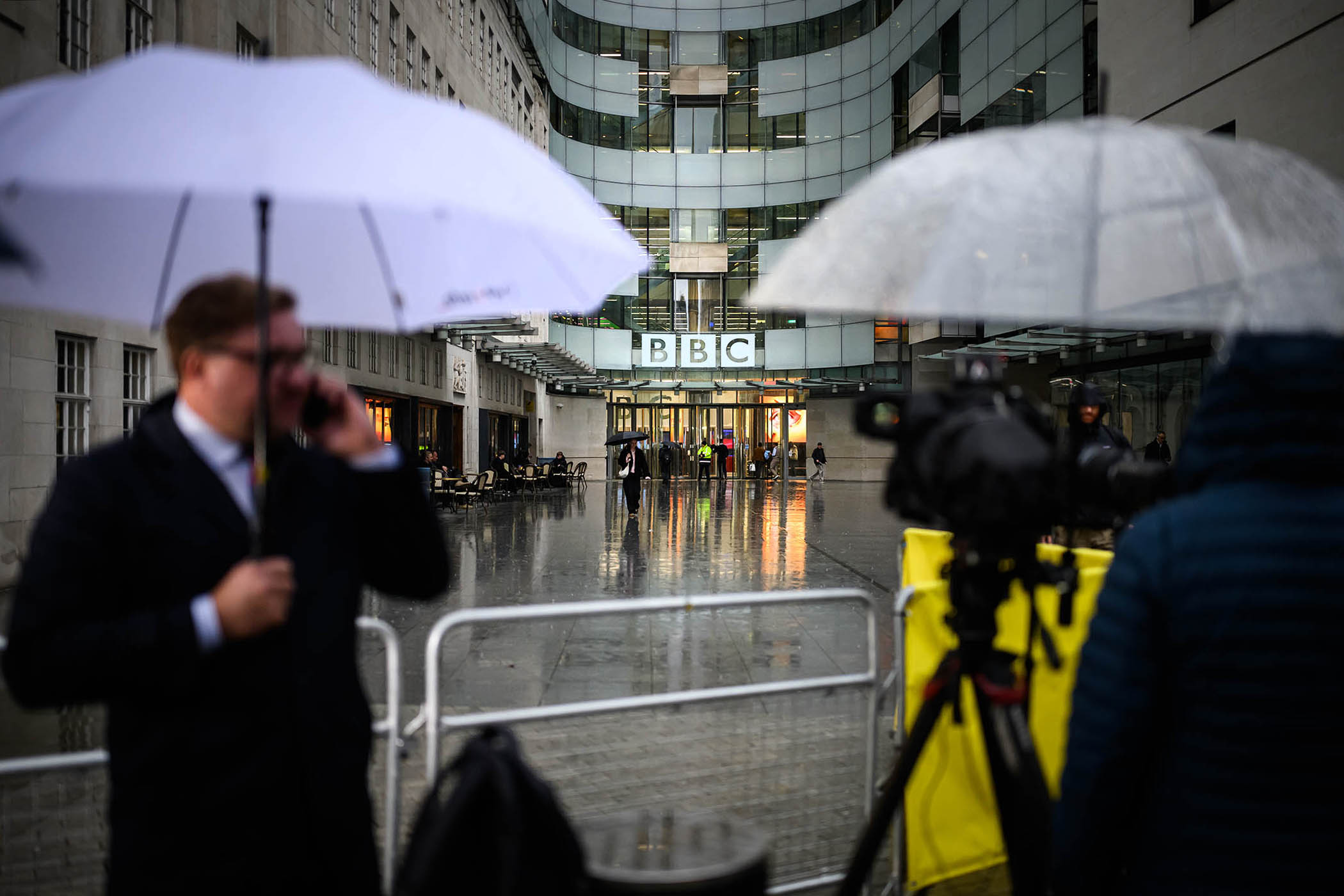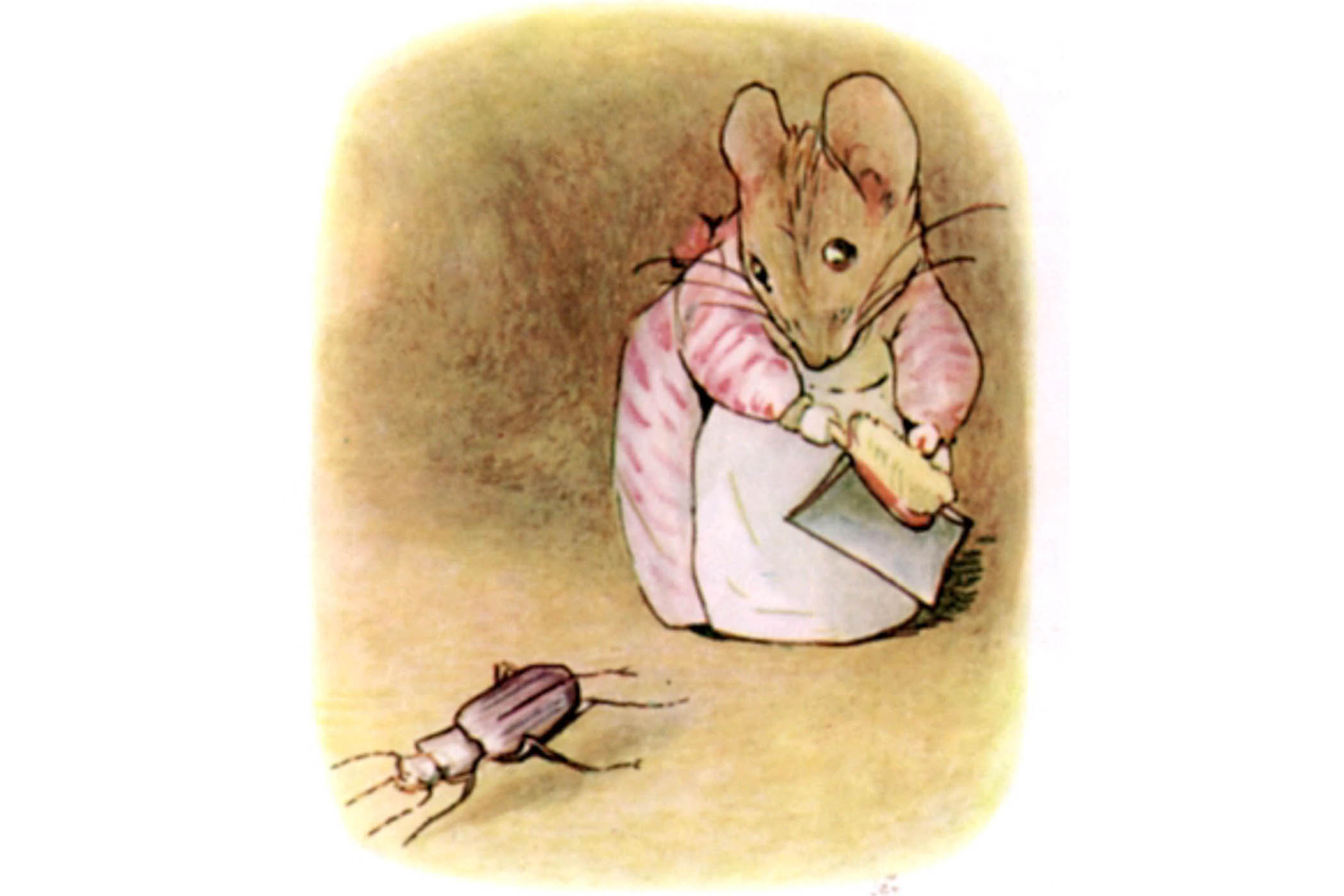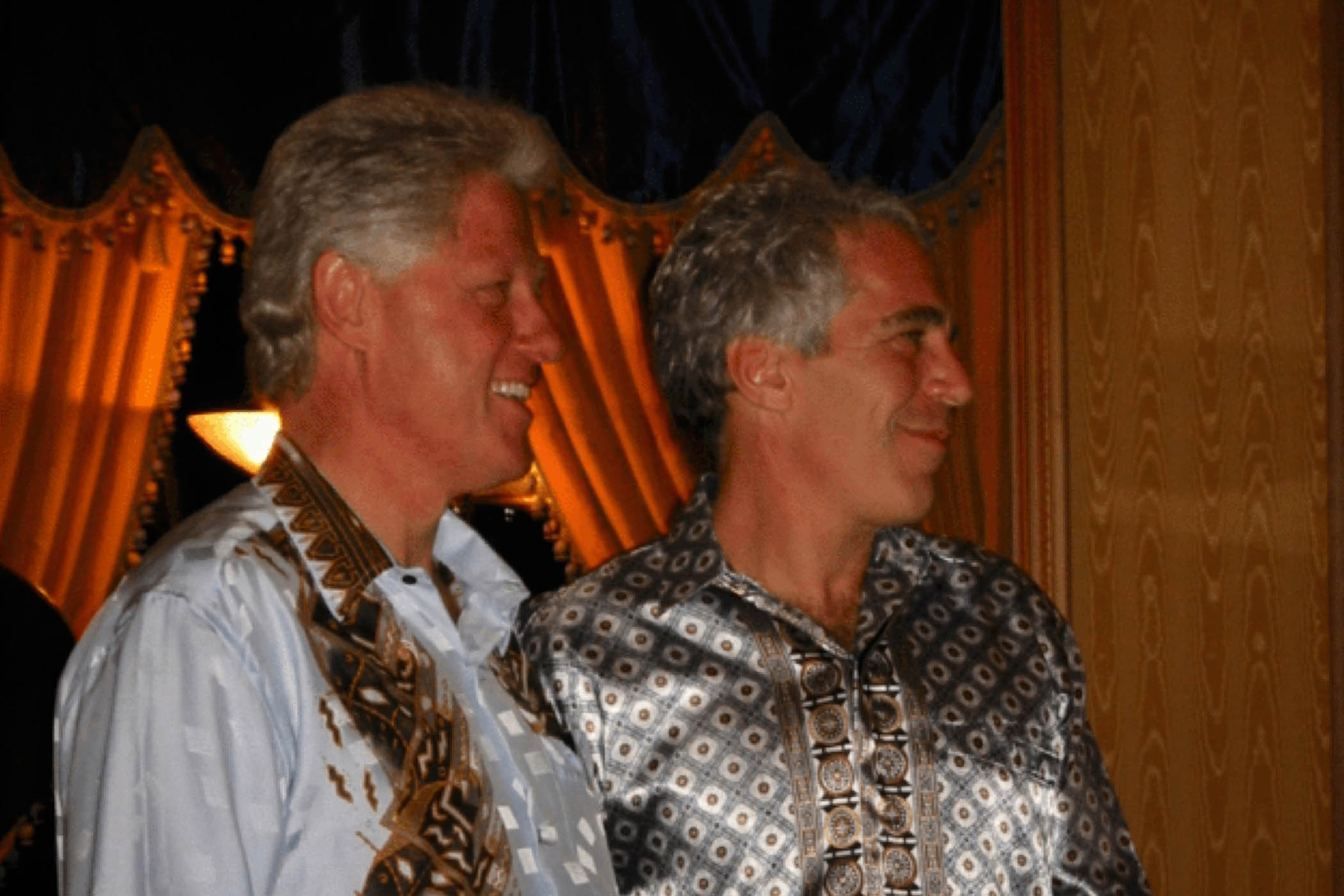Four weeks ago members of the BBC’s board received a letter from former part-time independent editorial adviser, Michael Prescott. Its contents and tone suggested that Prescott, one of two advisers whose term had ended in the summer, probably intended it for public consumption and the board will have known that the clock was ticking on its publication, most likely in a BBC-averse newspaper. The board’s failure to agree a strategy of response before one of their number, or Prescott himself, cut the Damoclean string has led to the third Director General in succession leaving his post prematurely.
Prescott’s role was the product of the Serota Review set up in the wake of the Martin Bashir affair. Serota recommended a new editorial guidance and standards committee, and with it a role was created for two new independent advisers. Applications were invited and two appointments made, of whom Prescott, a consultant who had left journalism 20 years earlier, was one.
To service the committee a senior editorial advisor was appointed after what was described to me as a “campaign” run by board member Robbie Gibb, who had been knighted for services to the Conservative party in 2019. Gibb “wanted a research adviser to look into questions he was being asked”, I was told by someone close to the events. Given Gibb’s political background it was hardly likely that he was going to be talking much to Corbynistas or Greens about their BBC concerns.
The appointee for this role was a highly respected former Newsnight reporter David Grossman, whose work is constantly and selectively referenced in Prescott’s letter. And it was something Grossman noticed that was the proximate cause of this most recent BBC debacle.
In Washington, covering the aftermath of the 2020 election and the subsequent 6 January attempt to overturn it by force, Grossman was one of the few people at the BBC who had watched the entire Trump speech that preceded the attack. Though not a single complaint was lodged about the October 2024 Panorama on the prospects for a second Trump term, by January this year Grossman had flagged the “dodgy” edit of Trump’s speech to the editorial guidelines and standards committee (EGSC). The news executives replied at the May meeting, arguing that such edits were unremarkable and weren’t misleading. Prescott, Gibb and several other BBC editorial employees disagreed – in my opinion correctly. Even if the responsibility of Trump for the 6 January riot should be clear to the neutral observer (though Prescott seems to dispute it) and his actions on that day seen as an indicator of what his presidency might mean (by then he had already described the rioters as “heroes” and subsequently pardoned all of them), the edit was misleading and editorially indefensible. By the beginning of last week, the board was preparing to apologise. They were preempted.
But Prescott went way further than the edit. His letter states that the BBC’s entire coverage of the 2024 election was biased against Trump. And his objections range from the debatable to the downright partisan. His scruple over the BBC’s reporting of Trump’s violent language about his Republican enemy, Liz Cheney, seems, in the light of the Charlie Kirk murder, highly dubious. Prescott argues that BBC News put too much emphasis on the passage in the single Trump Harris debate where Trump repeated a racist urban myth, propagated by his running mate JD Vance, that pets were being eaten by Haitian migrants. I think reasonable people can be forgiven for agreeing with the BBC on that one.
Or take this from Prescott: “In covering Trump’s legal wrangles during the campaign… the BBC often failed to highlight that many US prosecutors are political appointees. This prevented viewers from having an understanding of the anti-Trump “lawfare” at play during the presidential race.”
There is not a single word here about the BBC’s political, business, education, health, royalty, home affairs, climate change or crime coverage, or even Ukraine
There is not a single word here about the BBC’s political, business, education, health, royalty, home affairs, climate change or crime coverage, or even Ukraine
The use of “lawfare” as a neutral term by Prescott when it was in fact a partisan Republican charge, is indicative. Especially when he then goes on to object to BBC reports framing the abortion and family planning debates as being about “reproductive rights”. This is one-way inconsistency.
Related articles:
This should give the reader an idea of the direction of the letter. As should what is not included. There is not a single word here about the BBC’s political, business, education, health, royalty, home affairs, climate change or crime coverage, or even Ukraine. For example, did Prescott ever think to ask whether the same objections that he raised over the treatment of Trump might be applied to the BBC’s treatment of Putin?
So Prescott zeroes in on the culture war plus Gaza agenda. Because these seem to be the things that bother him, not because these are all the things a conscientious adviser might be bothered by. And his methodology is problematic. He uses time frames when it suits his arguments (“during the time of this review”) and then abandons them when it doesn’t. This gets him into the ludicrous situation of claiming that the BBC undercovers the issue of asylum and small boats because of some quibble about the “push notifications” on the online news feed in a particular week.
Newsletters
Choose the newsletters you want to receive
View more
For information about how The Observer protects your data, read our Privacy Policy
Or he will seem to argue that since gender detransitioners weren’t interviewed in a particular review period, they weren’t being interviewed at all, when he must know that they were.
We’ll come to gender in a moment after noting another very curious aspect of the letter, and that is the use of cases to illustrate the failings of BBC process, that have actually been resolved through the BBC process. The BBC chair, Samir Shah, this week instanced five examples of such corrective action, three of them concerning reporting of the Gaza war.
Here Prescott’s main attack is upon the BBC Arabic Service – which has recently been restructured in order to take account of legitimate criticism of its output and interviewees. To make his point, he repeatedly contrasts BBC Arabic’s reporting unfavourably with the BBC’s own, suggesting that this latter is the gold standard. And then, without acknowledging this implied compliment, immediately proceeds to lambast the BBC’s Gaza coverage.
Again his most detailed evidence concerns questions that had already been dealt with long before he sent his letter. There certainly have been mistakes. He doesn’t mention it, but BBC reporting has not been made any easier by the barring by the Israeli authorities of all journalistic access to Gaza.
But again what is noticeable is how partial Prescott’s objections are. Take this passage: “The BBC has faced, and still faces, considerable criticism from the Jewish community and from cross-party parliamentarians across both Houses over its record in reporting the conflict in Gaza and, in particular, the coverage of BBC Arabic.”
Prescott has only heard one side’s complaints. Why? Answers on a postcard
Prescott has only heard one side’s complaints. Why? Answers on a postcard
This is certainly true. But it has also faced considerable criticism from pro-Palestinians. Both “sides” have drawn up detailed dossiers (I have read all of them) and are equally tendentious. But Prescott has only heard one side’s complaints. Why? Answers on a postcard.
After Gaza and Trump Prescott’s main area of criticism concerns “gender ideology”. His timescale here is difficult to pin down, since he cites programmes and online publications that predate his term of office altogether. But in essence he argues that the BBC has been “captured” by a gender ideology, whose powerful adherents in the BBC have suppressed alternative views and continue to do so.
It is an exaggeration of an underlying truth. The fashion for transgenderism – led not by journalists but by entertainers, dramatists and to a now forgotten extent by politicians of all the main parties – was strong among younger journalists, fresh from universities where the simple need for gender self-identification was received wisdom. It’s worth remembering that only this week, the International Olympic Committee reversed its previous position of allowing natal males to compete in women’s sports, that courts will still describe a defendant by their preferred pronouns, and that the Supreme Court only ruled on the question of competing rights in April. It has taken a lot of effort to reintroduce the habit of asking hard questions in sensitive areas.
Despite this, the BBC had produced groundbreaking journalism on this issue, not least from Hannah Barnes and Deb Cohen, on the disaster of the Tavistock gender clinic. Prescott implies, without any evidence, that such a report would never happen now. From my own observation I think it more, not less likely. And he also implies that Barnes left the BBC because of a negative reaction to her work. That’s a perfect example of a passage written for the papers, not for a board.
In the middle of his letter, Prescott suddenly includes an item that acts, if nothing else, as a “tell”. The section is headed “History Reclaimed asks BBC to use expert historians and is ignored”.
This item was not the result of work done by David Grossman but of Prescott himself noticing an article in the Daily Telegraph. A group of historians called History Reclaimed had reviewed four BBC programmes and concluded, in Prescott’s words, that the Corporation had produced “an overly simplistic and distorted narrative about British colonial racism, slave-trading and its legacy.”
Good journalists at the BBC will find it hard to accept castigation from someone who either leaves out vital information or hasn’t done the most basic research
Good journalists at the BBC will find it hard to accept castigation from someone who either leaves out vital information or hasn’t done the most basic research
“Following the Telegraph’s story”, he writes, “I suggested a meeting of relevant BBC commissioners, producers and editors to review what History Reclaimed was claiming and assess whether any of its recommendations might help improve future programmes.” But no one took him up on his suggestion providing yet more evidence of the BBC’s culture of bias.
So who are History Reclaimed? According to Prescott they are “a group of renowned historians, mainly senior post-holders at Oxford and Cambridge.” And that’s it.
The most cursory research tells you that it is a group of historians who, however renowned, have a very particular outlook and agenda. The founder of History Reclaimed, Robert Tombs is a leading pro-Brexit scholar and the group has the proclaimed mission of rescuing the reputation of empire and colonialism from the obloquy to which they feel they have been condemned. On its website we can read a review of Nigel Biggar’s Slavery and the Tyranny of Imaginary Guilt, enjoy work by prof Bruce Gilley of Portland State university, who is also the author of The Case for Colonialism, and The German Colonial Achievement and Its Aftermath.
Its adherents include several fellows of the new right Legatum Institute (now the Prosperity Institute), of new right relics of the old Revolutionary Communist Party and the Brexit Party (now Reform UK). Why did Prescott not acknowledge any of this? Good journalists at the BBC will find it hard to accept castigation from someone who either leaves out vital information or hasn’t done the most basic research.
Ironically, Prescott’s letter had me worrying, not about the BBC’s journalism, but about how the preoccupations and prejudices of “independent advisers” had come to play such a major role in guiding editorial discussion.
David Aaronovitch is an author, commentator and presents BBC Radio 4’s Briefing Room
More from The Observer
Photograph by Leon Neal/Getty



